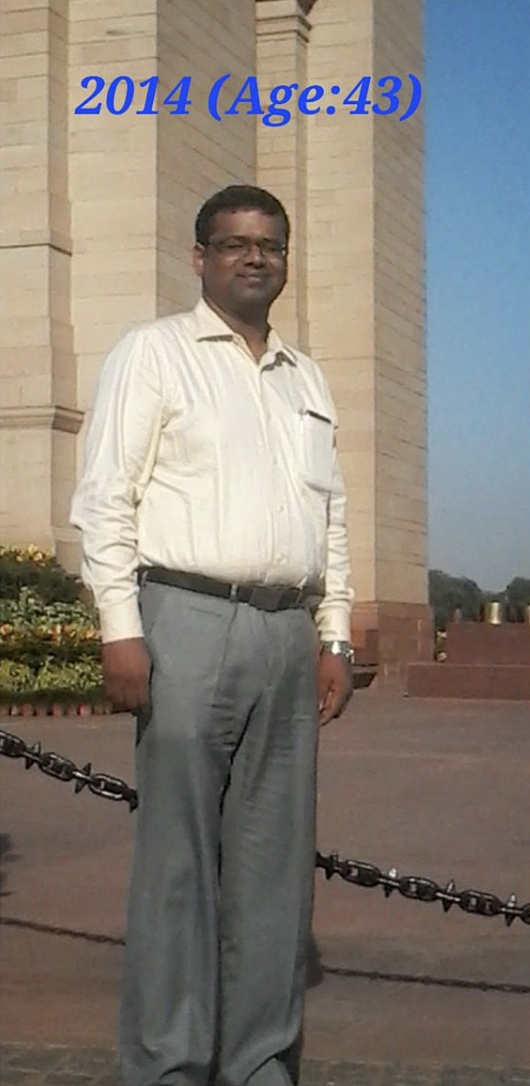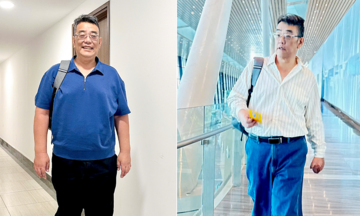Before 2020, Dr. Kumar, a neurologist from Hyderabad, was trapped in the cycle of many busy professionals, working 16-17 hours a day, sleeping only 4-5 hours, and eating erratically with a diet heavy on fast food, soft drinks, and carbohydrates. His poor physical condition made even walking difficult. His weight reached 100 kg.
To escape this situation, Dr. Kumar began by reducing his work hours to 8-9 a day. This change not only reduced his stress but also gave him more time to prioritize exercise and prepare healthy meals. He also focused on improving his sleep quality, increasing his sleep to 7-8 hours per night. Sleep plays a vital role in regulating hormones that control hunger and satiety, helping him manage his food intake.
Regarding nutrition, Dr. Kumar took a practical approach. He completely eliminated soft drinks, fast food, and sugary snacks. Instead of following a strict diet, he focused on reducing refined carbohydrates and increasing protein, which helped him feel full longer and maintain muscle mass. This adjustment allowed Kumar to lose weight without feeling hungry, making the changes sustainable over time.
 |
A picture of Dr. Kumar at 45, shared on X. Screenshot. |
Rather than rushing into high-intensity workouts, he started by walking 5 km, gradually increasing to 10 km. From walking, he transitioned to jogging, then running, focusing on duration rather than speed. This approach helped him avoid injuries and exhaustion. By the end of 2022, he added three strength training sessions per week to build muscle and improve his metabolism. The combination of aerobic exercise and strength training brought noticeable results.
In 2021, he ran an average of 15 km per day, completing 339 runs over 10 km and 69 half marathons. In 2022, he maintained an average of 12.6 km per day, completing 304 runs over 10 km and 43 half marathons.
The change wasn't just physical. Dr. Kumar reported increased energy and stamina, improved focus and work efficiency, and a significant boost in confidence. His health indicators also improved: his resting heart rate decreased from 72 to 40-42 beats per minute, and his blood sugar, cholesterol, and blood pressure levels stabilized, reducing his risk of chronic diseases.
 |
A current picture of Dr. Kumar, shared on X. Screenshot. |
Reflecting on his experience, Dr. Kumar emphasized the importance of persistence. Regular exercise is more important than striving to run faster or lift heavier every day. He encouraged people to focus on enjoying the activity and listening to their bodies rather than chasing personal records or competing with others.
He also highlighted the value of cross-training – combining different forms of exercise to keep workouts interesting and reduce the risk of injury. Regarding diet, he advised mindful eating, suggesting that reducing overall calorie intake and experimenting with time-restricted eating could be beneficial, though adjustments should be made based on individual needs.
Finally, he stressed the non-negotiable role of good sleep in any fitness journey, reminding readers that 7-8 hours per night is essential for optimal results.
My Y (According to Times of India)












